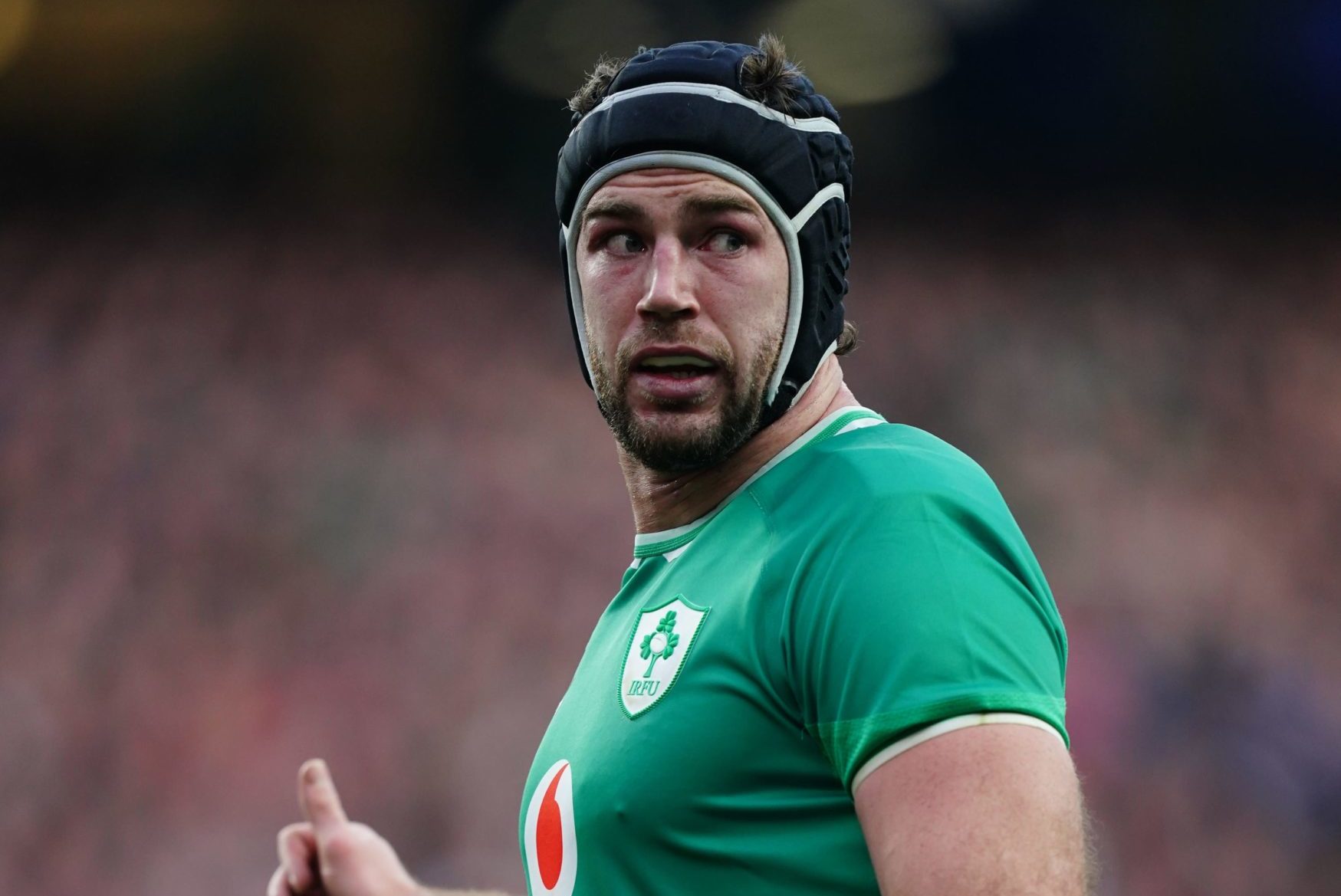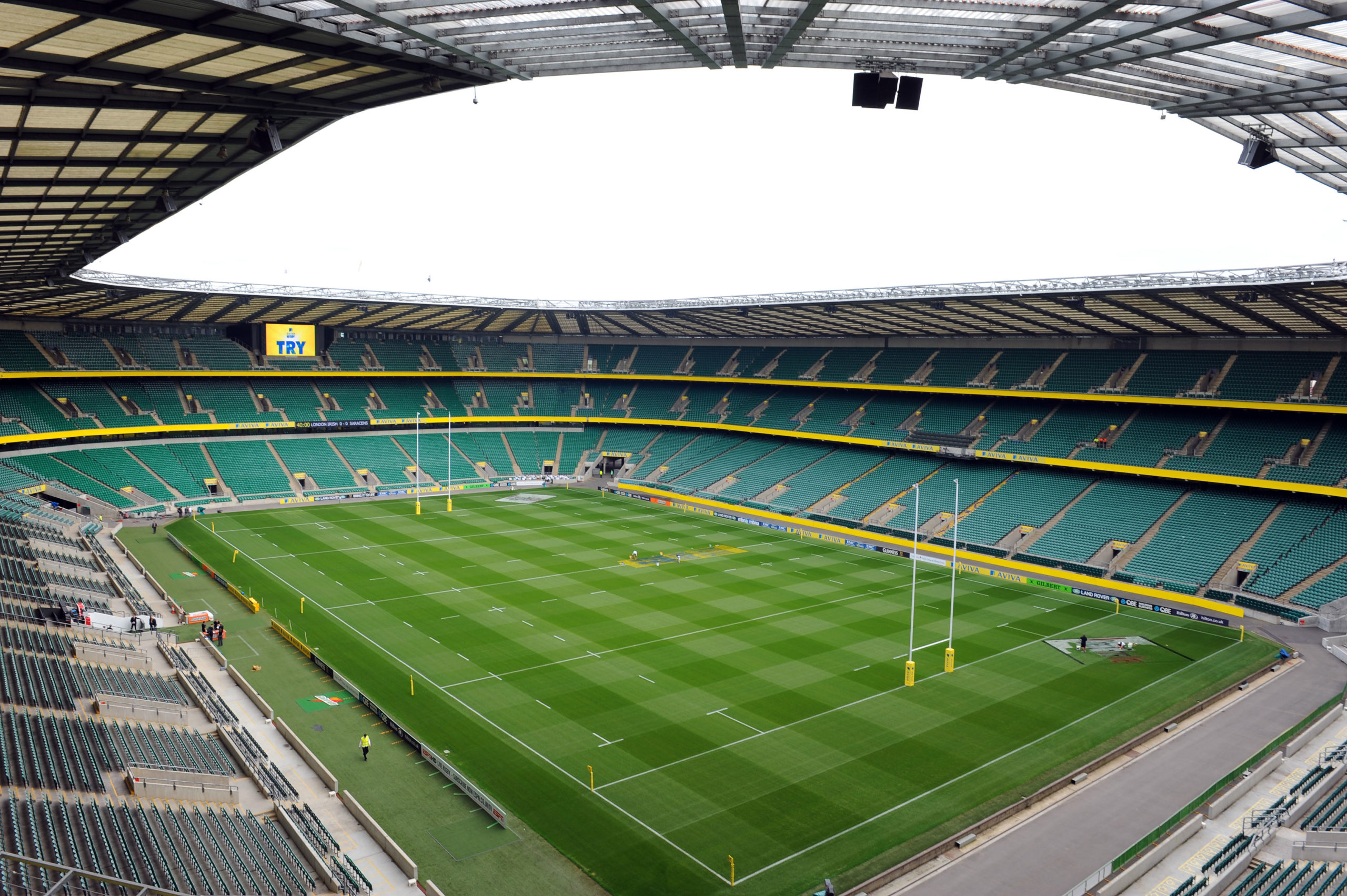
As we conclude another Six Nations season, the Wales women’s team seems to have had a fair share of struggles throughout the tournament. The Wales fans with Six Nations tickets were left wondering if the right levels of professional sport were achieved throughout the game for the Wales Women.
It also draws an essential question on the continuity of the women’s game in the country and how it needs revival.
Scenes of Wales players storming a live post-match interview brought back memories of England’s Lionesses chanting “It’s coming home” when Sarina Wiegman was talking to the media at Euro 2022.
England had just beaten Germany to win a first major tournament and could be forgiven for their over-exuberance.
In contrast, Wales’ rugby team celebrated after finishing bottom of the Women’s Six Nations table and picking up the dreaded Wooden Spoon.
As excessive as it may seem, the relief and raw emotion of returning to winning ways could not be contained.
The Wales’ 22-20 victory over Italy halted a seven-game losing streak and relieved some of the intense pressure the team and coaching staff had faced after what could have been the first Six Nations whitewash in their history.
But as the emotions disappear, the side’s overall results will reveal that it has not had any triumphs to celebrate. Last time, this time, it was even more ecstatic for all the fans with Six Nations tickets when they played Italy.
The side piled up a record number of tries that year as they finished their best in the Grand Slam since 2009.
Fast forward to 2024; they’ve just beaten Wales by 2 points.
But as we know in sport, particularly in Welsh rugby, the highs ultimately come the lows. Few of us expected Wales’ latest disappointments to come so soon.
So what has gone wrong? Have Wales gone backward, or have other teams improved?
Wales – Professional Sport?
The Welsh Rugby Union (WRU) handed out its first professional contracts to female players in 2022.
Arguably, Wales only had one way to go at that point, having ended a two-year losing streak in the 2021 autumn series amid unrest on and off the pitch.
They finished the 2022 Six Nations in third with wins over Ireland and Scotland before the usual drubbings by England and France. They would have beaten Italy without a 79th-minute penalty, but there was progress for all to see.
Wales headed to the World Cup in New Zealand with high hopes, but they would surely admit they underperformed, with just one tournament win against Scotland. Still, they made the quarter-finals, and lessons were learned.
It was the 2023 Six Nations where Wales put down a marker and announced themselves as a force to be reckoned with.
They began with statement wins over Ireland and Scotland before defeats to England and France, but this time, they ended their campaign with a record win over Italy. It was indeed their ‘we have arrived’ moment.
Wales returned to New Zealand for WXV1 with 32 professional players, but that trip proved a reality check as Canada, Australia, and their hosts beat them well.
Despite the whitewash, Wales hoped to finish third again in this year’s Six Nations.
But Wales ended up short. They ended up going backward.
They won three games and scored 17 tries last year compared to one game and seven tries this year.
You could argue the same performance-wise. Despite having a sizeable Gloucester-Hartpury contingent in the squad, Wales have not clicked.
Their attack has been quickly dealt with, line breaks have been few and far between, and they need more composure in try-scoring situations.
Leadership needs to be included. Wales has lost some big players with the retirements of Siwan Lillicrap, Caryl Thomas, Elinor Snowsill, and Sioned Harries in the last couple of years, and nobody seems to have stepped up.
It cannot all come down to the captain, Hannah Jones, who admittedly leads more through actions than words. There are plenty of older heads who could make their voices heard.
Criticism
Scotland, Ireland, and Italy have made strides since introducing professional contracts.
This has been the first campaign where Wales has experienced the scrutiny that comes with being professional.
But fans with Six Nations tickets wanting more are a sign of progress. Long gone are the days when players were patted on the back for giving it their all.
Ex-Wales international Dyddgu Hywel and former Wales coach Chris Horsman quickly called out Cunningham after he said he was pleased with the effort after the defeat to France.
Hywel said that was “unacceptable” after a 40-0 loss.
There should also be a mention for the fans with Six Nations tickets who continue to come out in force despite Wales’ poor results.
This has not been lost on the players and the coaches, who have thanked supporters for sticking with them through tough times.
Wales ended their campaign before a record home crowd of 10,592 at the Principality.
The WRU is ambitious to fill the 74,500-seat stadium when England comes to Cardiff in next year’s Six Nations. Reaching the point where Wales attracts capacity crowds may take a little longer than hoped, but at least the ambition is there.
What next for Wales?
The first step towards returning on an upward trajectory was winning again, which was achieved against Italy.
Most people fancy Wales’ chances of beating Spain in the play-off. Come autumn, Cunningham’s team will likely be playing against lower-ranked opposition and taking momentum into the 2025 Six Nations.
In the long term, Wales has to look at talent development.
England’s Premiership Women’s Rugby (PWR) has been relied upon for too long now, with all but a handful of Wales’ current squad playing their rugby in that division.
There have been suggestions that Wales enter its own team in the competition, an idea Captain Jones supports.
It would give players “regular access to the best league in the world,” she argues.
Wales have reinstated age-grade pathways at under-18 and under-20 levels, and the Celtic Challenge has helped to bridge the gap to Test rugby.
Wales, Ireland, and Scotland all entered two teams this year, but ultimately, it is just a six-week competition before the Six Nations kicks off.


United Rugby Championship
Vaea Fifita’s commanding presence has Scarlets pushing for URC play-off spot

British and Irish Lions
British and Irish Lions Watch: Caelan Doris confirmed to miss the tour with injury



















You must be logged in to post a comment Login